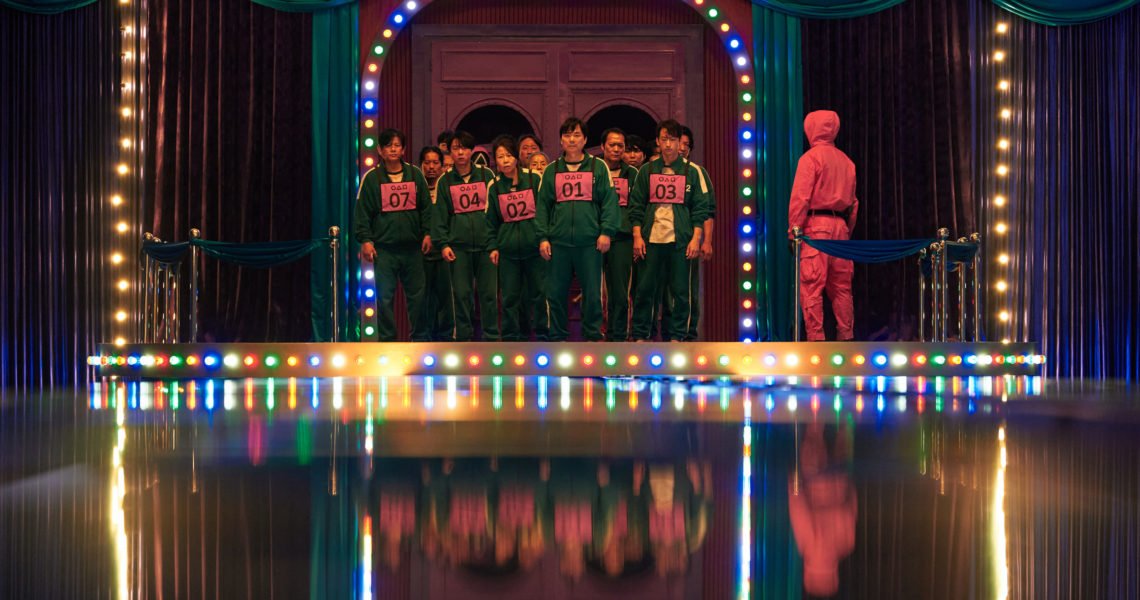The South Korean series Squid Game has enthralled a global audience, plunging into a macabre world where financial desperation drives people to partake in a deadly competition. This show exposes the stark power struggles between the players, who are desperately trying to win, and the game organizers, who wield absolute control over the tournament and its participants.


The power differential is evident from the beginning. Squid Game TV series essay , lured by the chance to solve their financial woes, find themselves in a situation where their lives are inferior to the whims of the game organizers. These organizers operate with total impunity, hidden behind masks and anonymity, they dictate the terms of the game with a cold, calculated indifference.
The mental coercion employed by the game organizers intensifies the power imbalance. They sow discord among players, forcing them to see each other as competitors rather than allies. This manipulation is a strategy to keep the players focused on the immediate challenges, preventing them from challenging the morality of the game or organizing against the organizers.
Moreover, the environment of the game itself is designed to highlight the power of the organizers. Cameras monitor every move, giant piggy banks suspended overhead, and iconic sets replicate childhood games, all acting to remind players of their helplessness and the god-like authority of the organizers. This setting creates a world in which the usual laws of society do not apply, and where the game organizers rule unquestioned.
Despite this clear power imbalance, the series also presents moments of player resilience and defiance. Together, players create alliances and devise strategies that illustrate their ability to fight back. These moments of solidarity and cleverness demonstrate that while the game organizers may control the environment and rules, they cannot completely dominate the human spirit.
Ultimately, Squid Game presents a gripping exploration of power dynamics that go beyond the confines of its story. It challenges viewers to reflect on the desperation's role and the lengths to which people will go when driven to their limits. Moreover, it critiques the societal systems that produce such inequalities in power, asking if the real game is being played beyond the confines of the television screen.

In summary, Squid Game is much more than a simple survival drama. It is a complex study of the power imbalances that shape our world and the human spirit's capacity to challenge them.
